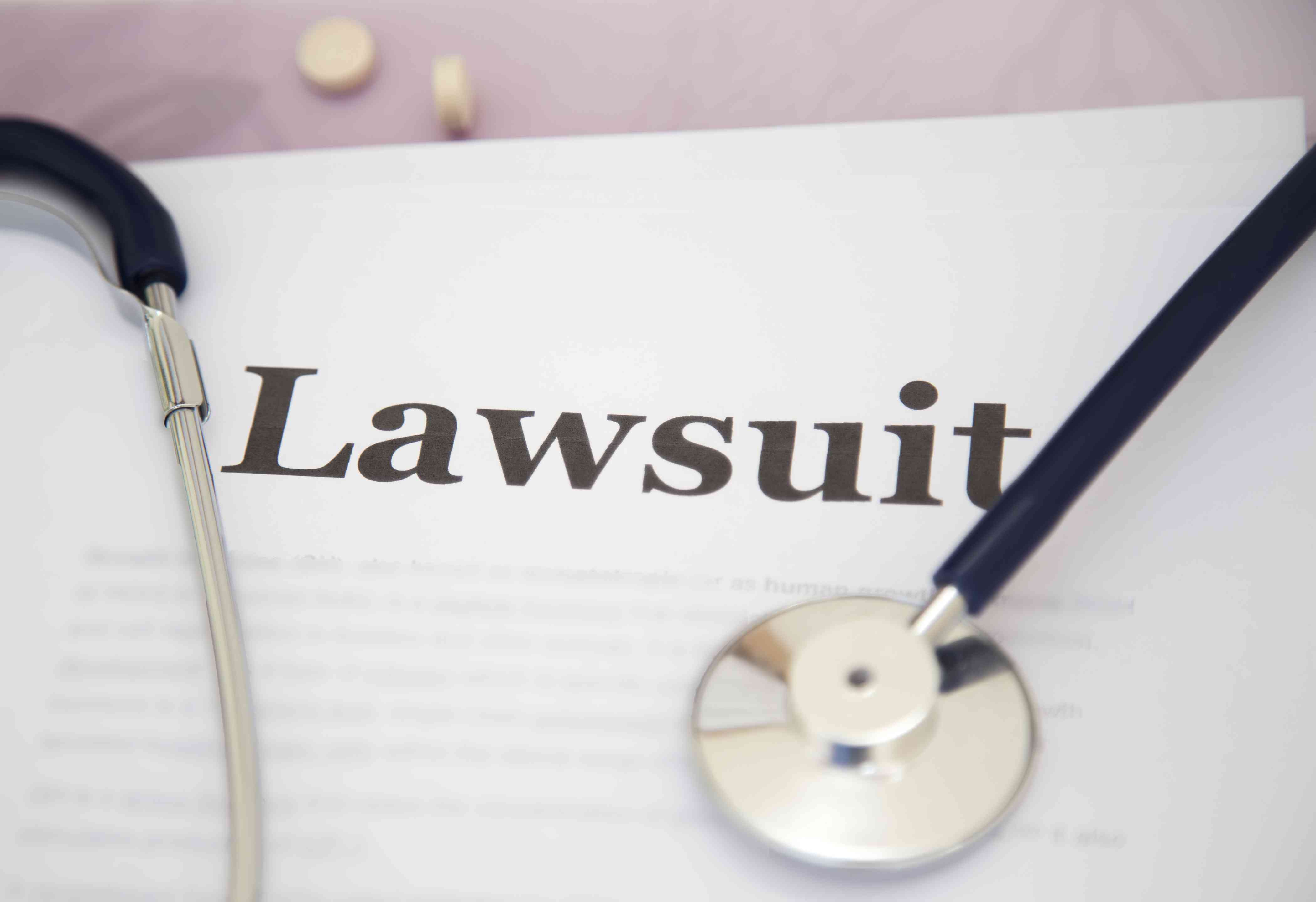
 A wrongful death lawsuit is a civil court action that determines the amount of damages or compensatory money involved in a person’s death. The person’s death, however, is due to the negligence, recklessness, or deliberate behavior of another person. Go deeper into the basics of filing a wrongful death lawsuit below.
A wrongful death lawsuit is a civil court action that determines the amount of damages or compensatory money involved in a person’s death. The person’s death, however, is due to the negligence, recklessness, or deliberate behavior of another person. Go deeper into the basics of filing a wrongful death lawsuit below.
Who are the people involved?
A representative of the deceased person may file a lawsuit. Representatives include surviving spouses, children, and even extended family members such as grandparents, siblings, uncles, and aunties. However, in Springfield, IL, personal injury lawyers say that allowed representatives depend on state laws.
What are their grounds for filing?
Just like any kind of civil lawsuit, a wrongful death lawsuit has its own grounds, too. Basically, your claim (a legally supportable reason) is that the deceased person lost his life due to another person’s negligence or intentional act. When establishing this, one must prove that he or she is suffering measurable damages caused by their loved one’s wrongful death.
Common grounds for wrongful death lawsuits may be a work-related accident, medical malpractice, or a vehicular accident.
What kinds of damages can they collect?
When the lawsuit has already been established, surviving family members can collect several types of damages, including the following:
- Medical bills and burial expenses
- Compensatory damages for lost wages (amount based on earnings during life expectancy)
- Compensatory damages for the emotional suffering (determined by surviving family members)
- Punitive damages intended to punish the person behind the wrongful death (applicable to some states only)
Wrongful death lawsuits prove that a person’s death due to another person’s negligence is just as important as other types of death. If you believe that your loved one was a victim of a wrongful death, seek the advice of a legal professional immediately. Doing so protects your legal rights and seeks justice for your loved one’s death.
